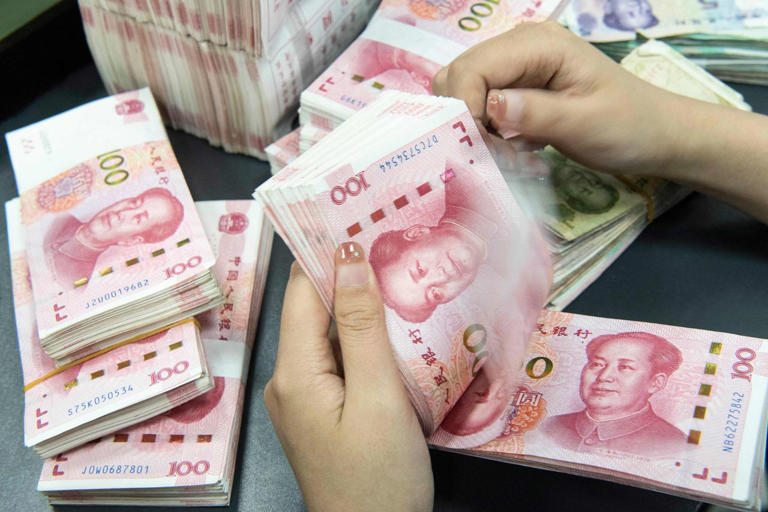Chinese policymakers are increasingly concerned about the surplus liquidity in the banking system, which is not effectively channeled into productive sectors of the economy. Since early last year, Chinese banks have been flooded with cash as a result of Beijing’s measures to reduce reserve requirements and lower lending rates, aimed at supporting economic recovery. However, weak demand for loans from businesses and consumers has resulted in significant amounts of cash sitting idle in banks, undermining the intended impact of stimulus policies.
Senior Chinese government officials, including Premier Li Qiang, have recently expressed worries about the idle funds. Premier Li emphasized the need for cash to be utilized efficiently and not circulate in the system without contributing to economic growth. Similarly, top lawmakers have highlighted concerns that excess cash is being redirected between banks or large companies, squeezing out financing opportunities for smaller enterprises.
To address these concerns, the People’s Bank of China (PBOC) announced increased monitoring efforts to track the movement of funds, particularly focusing on corporate loans being converted into deposits or redirected to third parties. Xuan Changneng, a deputy governor of the PBOC, stated that collaborative efforts with other authorities are underway to enhance the efficient utilization of funds, although specific details were not provided.
The PBOC’s recent move to withdraw a net 94 billion yuan from China’s banking system through its medium-term lending facility marked a surprise tightening of liquidity. This action, the first in 16 months, signaled authorities’ vigilance against speculative risks arising from excessive liquidity, which has mainly fueled a bond market rally rather than stimulating economic activity.
Despite multiple measures taken by the PBOC to inject liquidity into the system, economists argue that fiscal stimulus should be intensified to bolster consumer and business confidence. The economy continues to face challenges such as deflationary pressures, a prolonged slump in the property sector, and volatility in the stock market. Boosting confidence is crucial for stimulating borrowing and investment, which are essential for sustained economic recovery.
